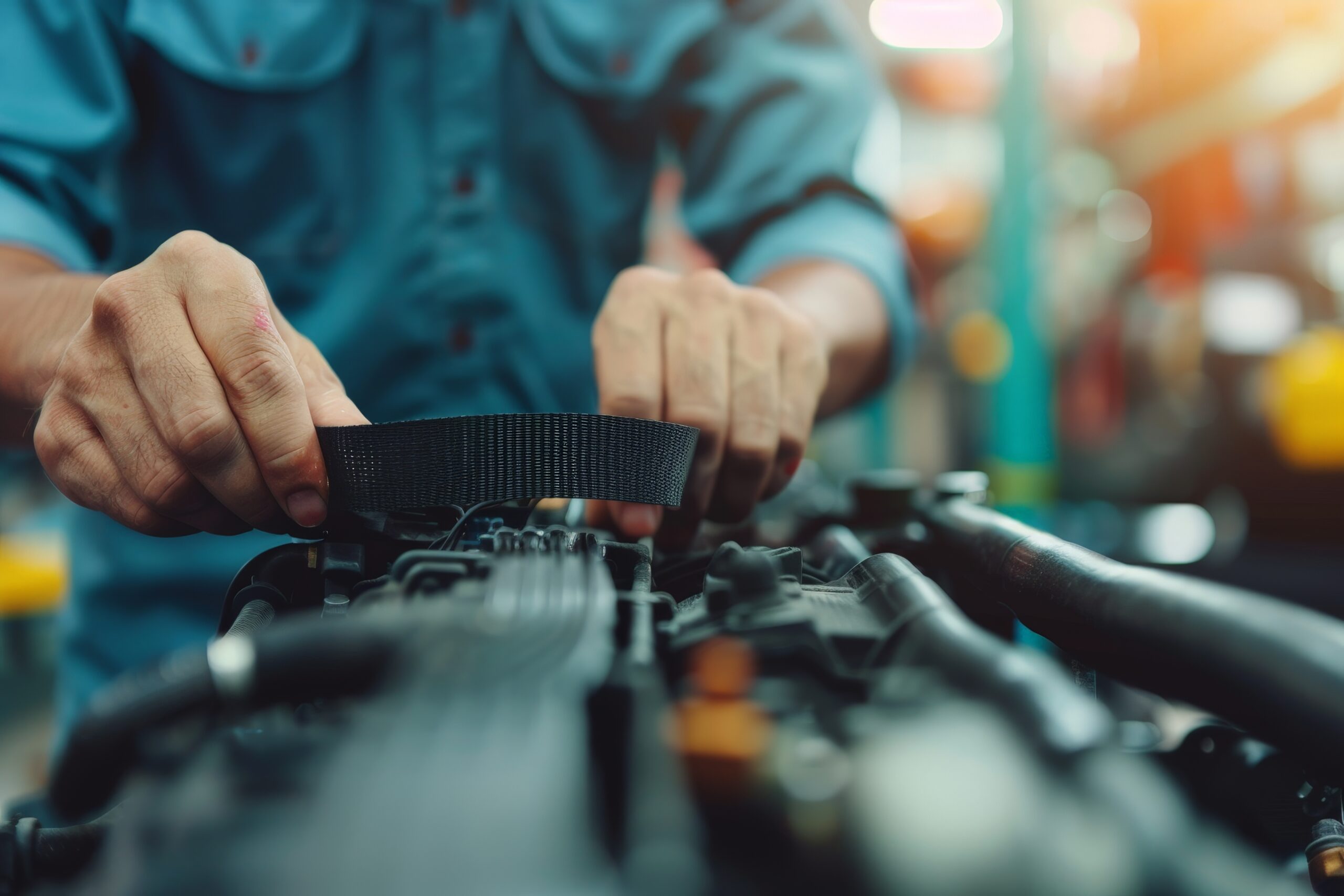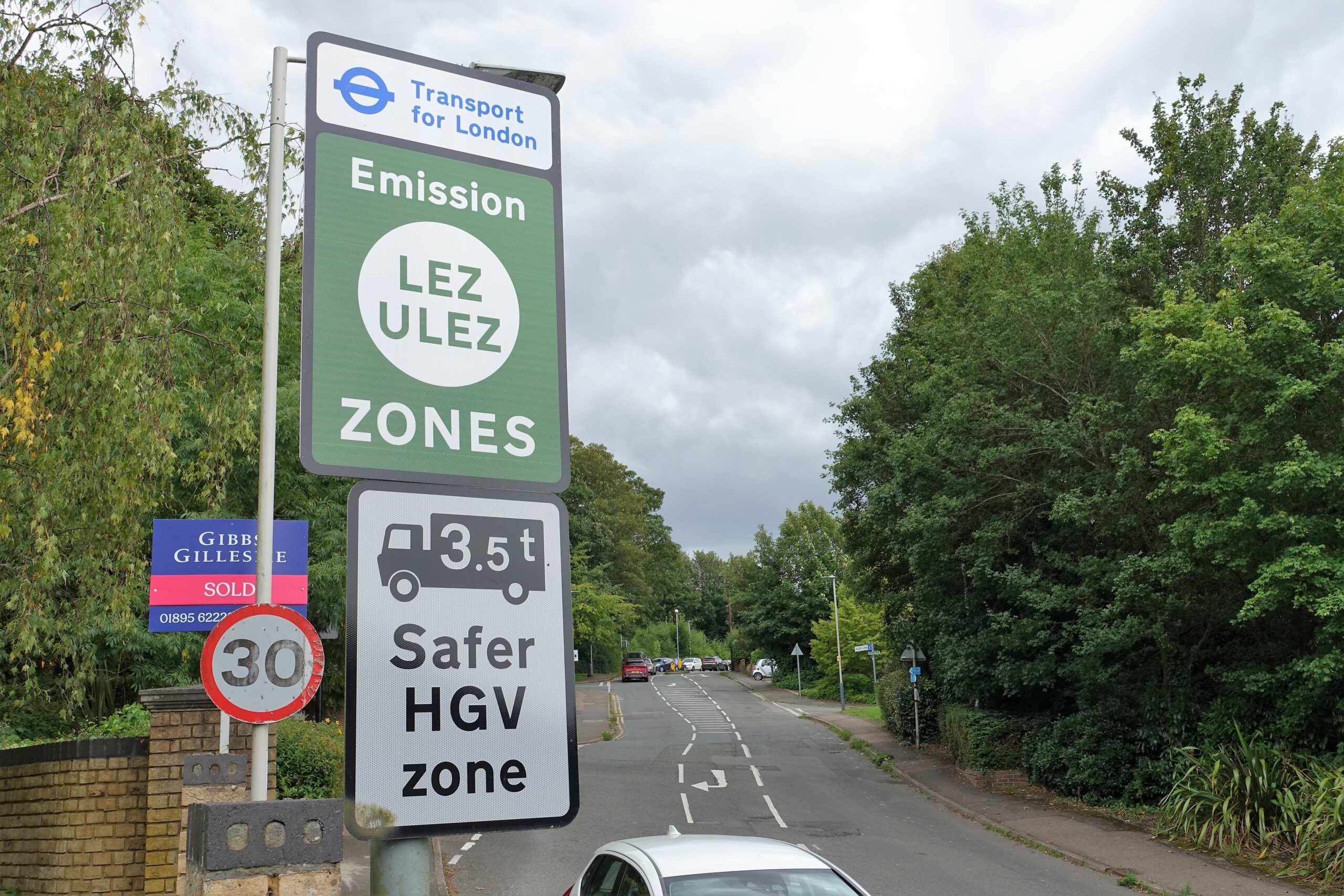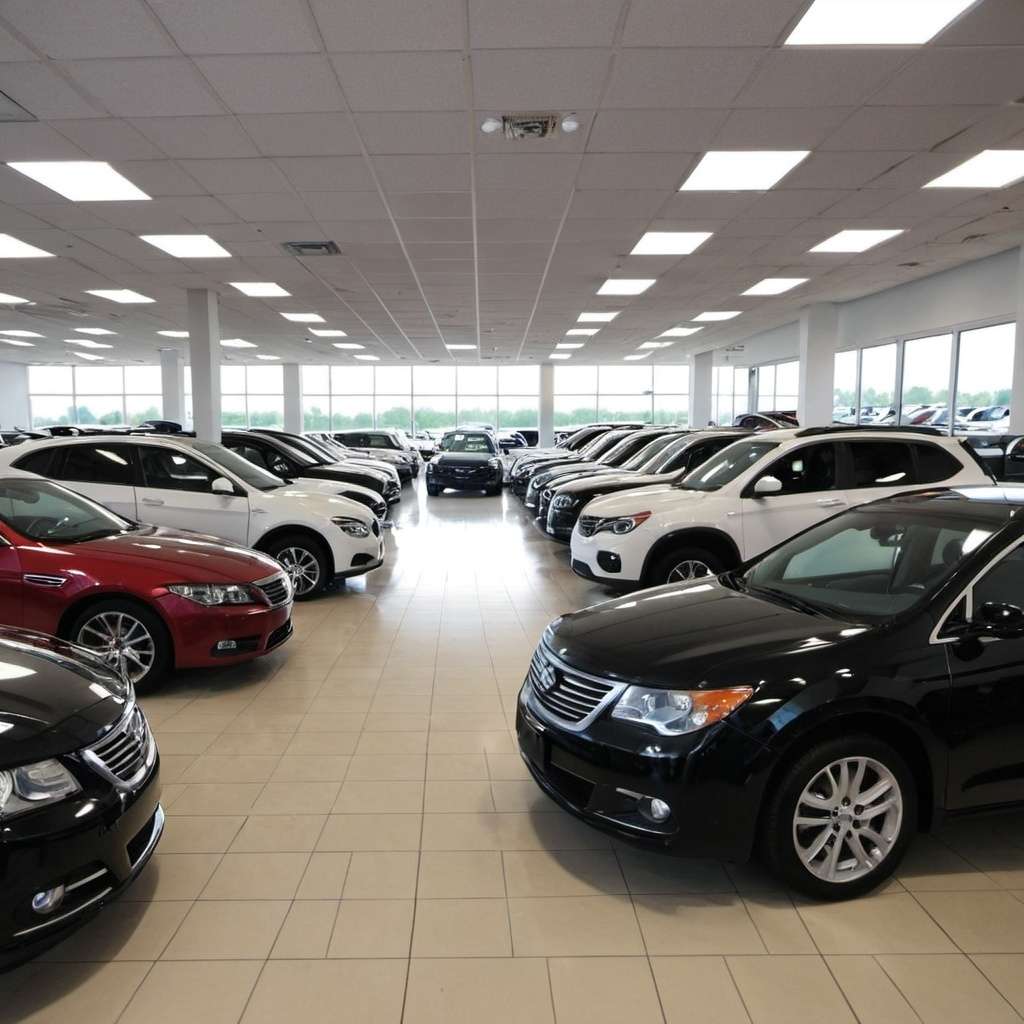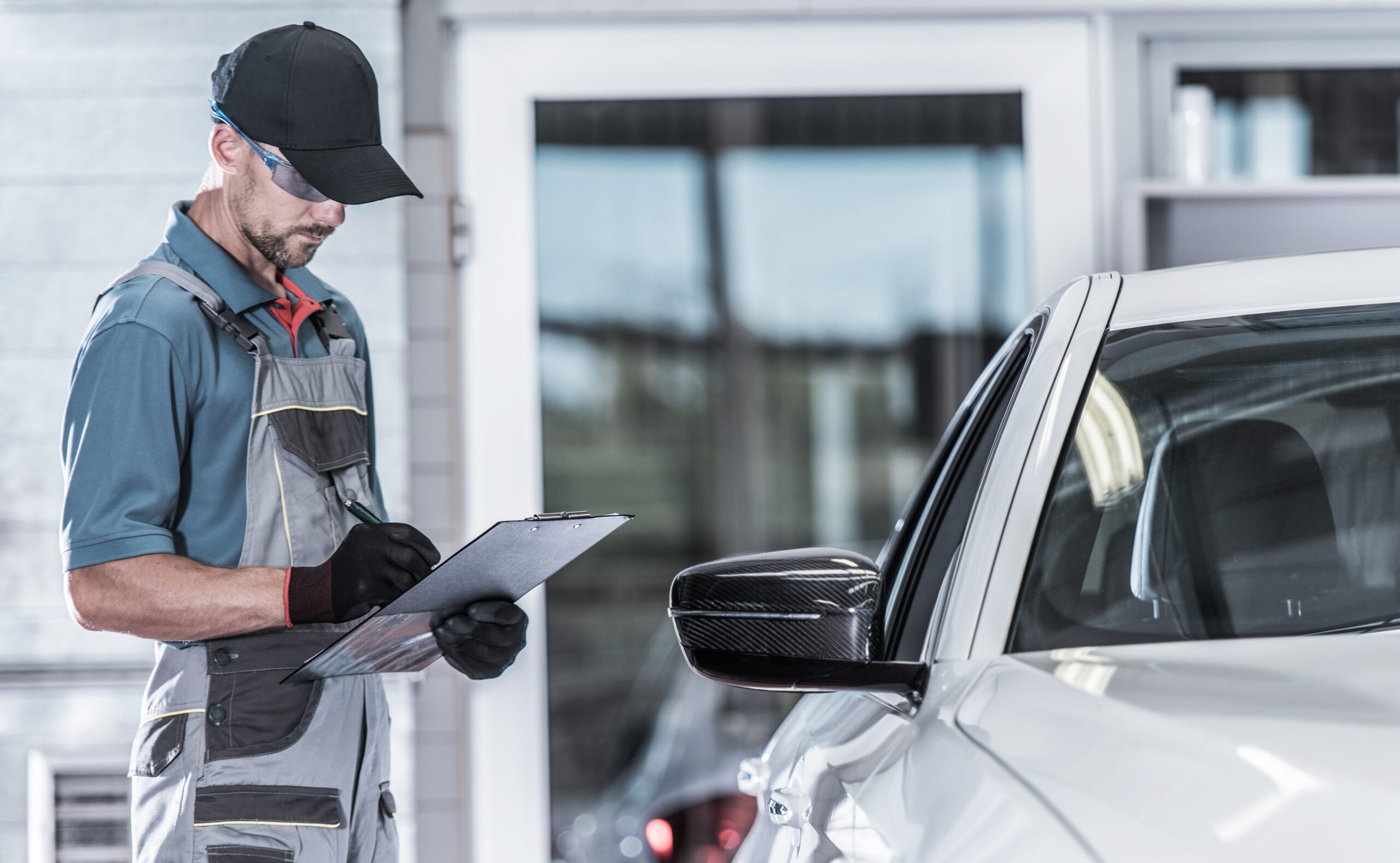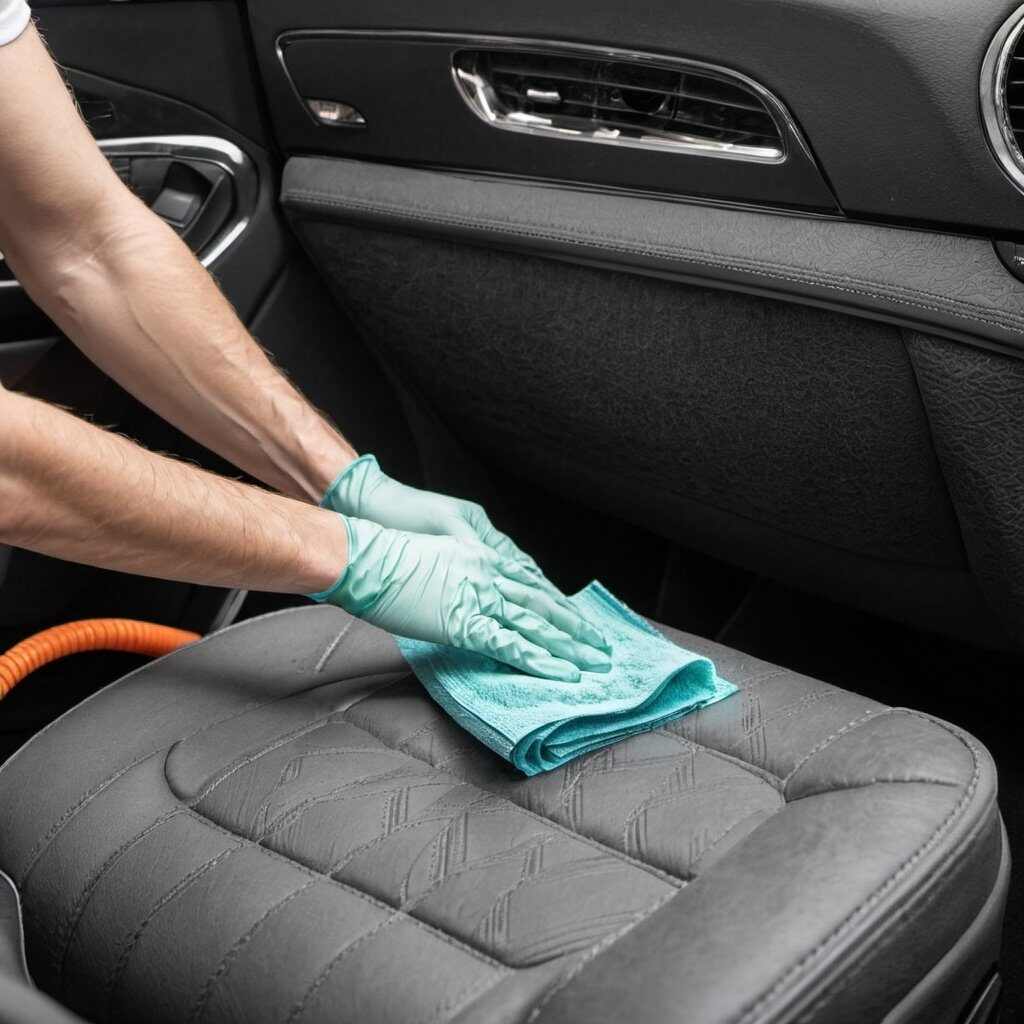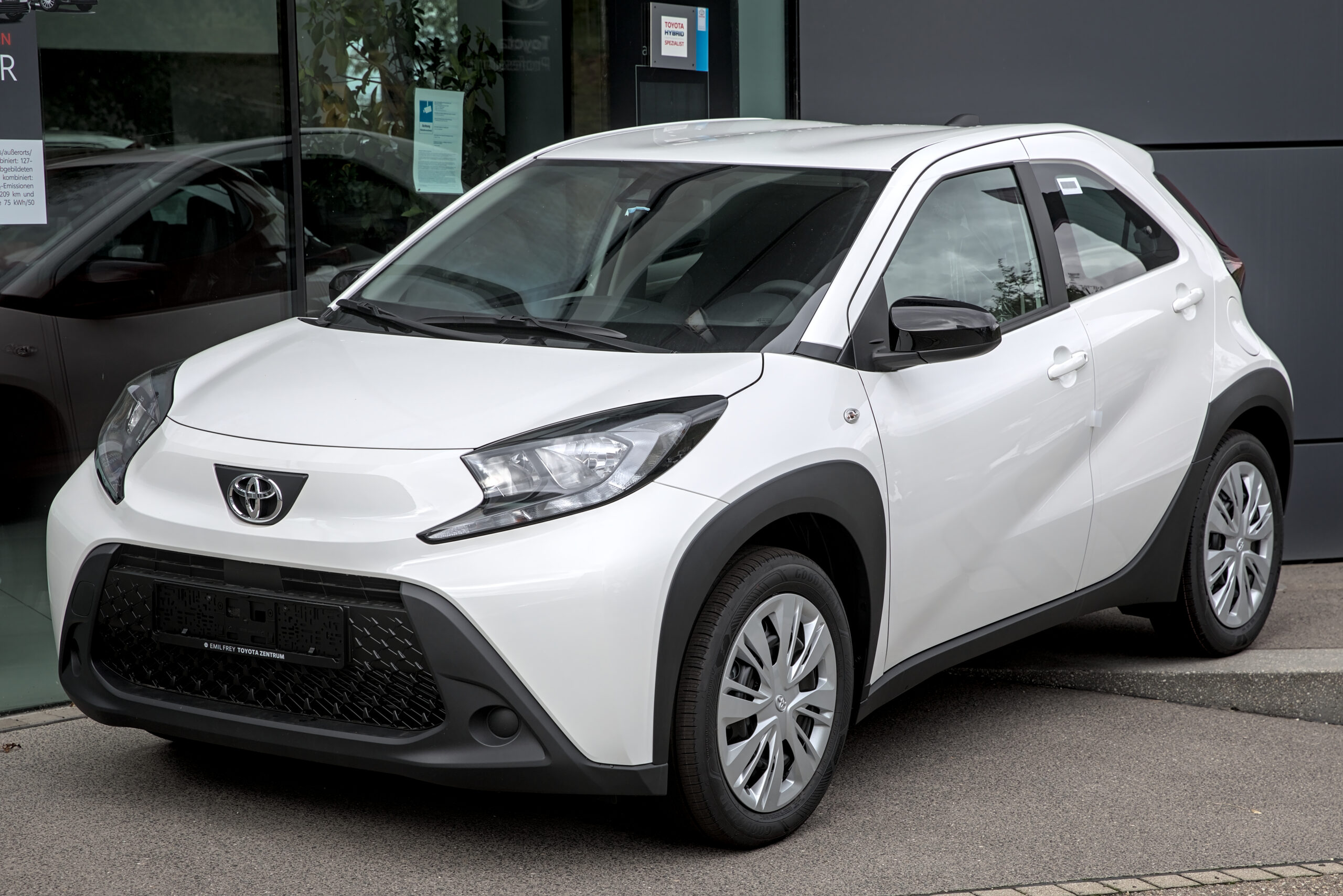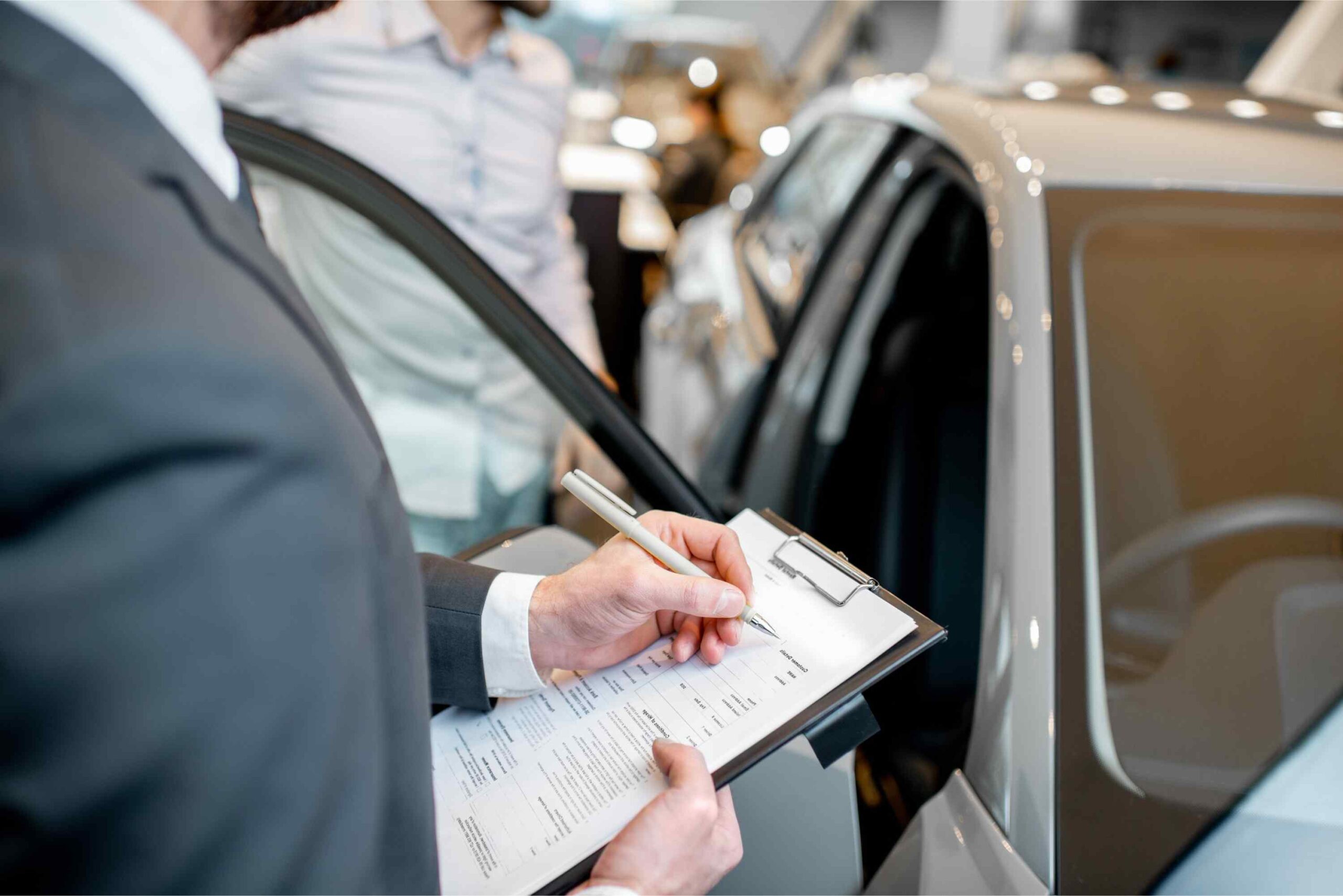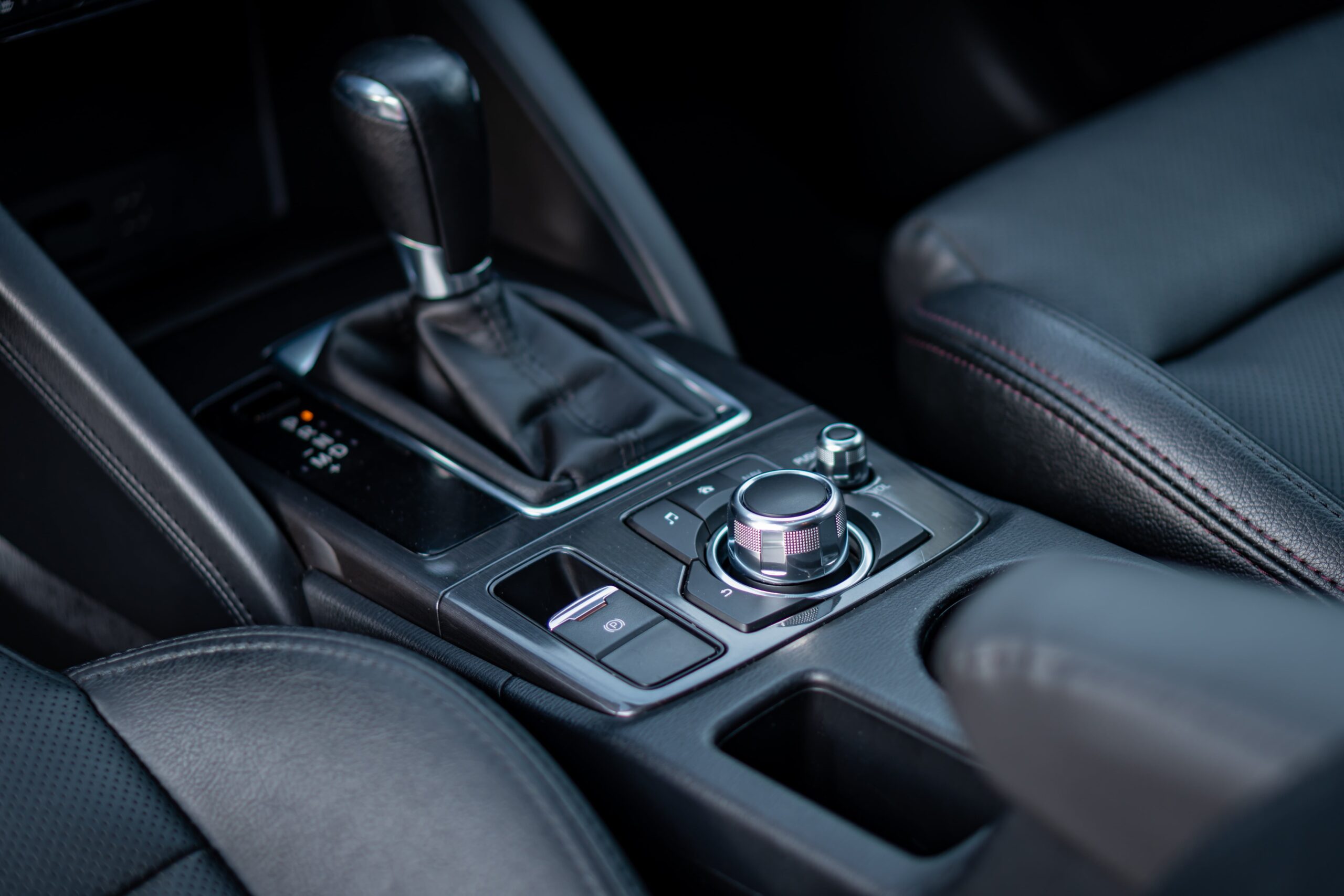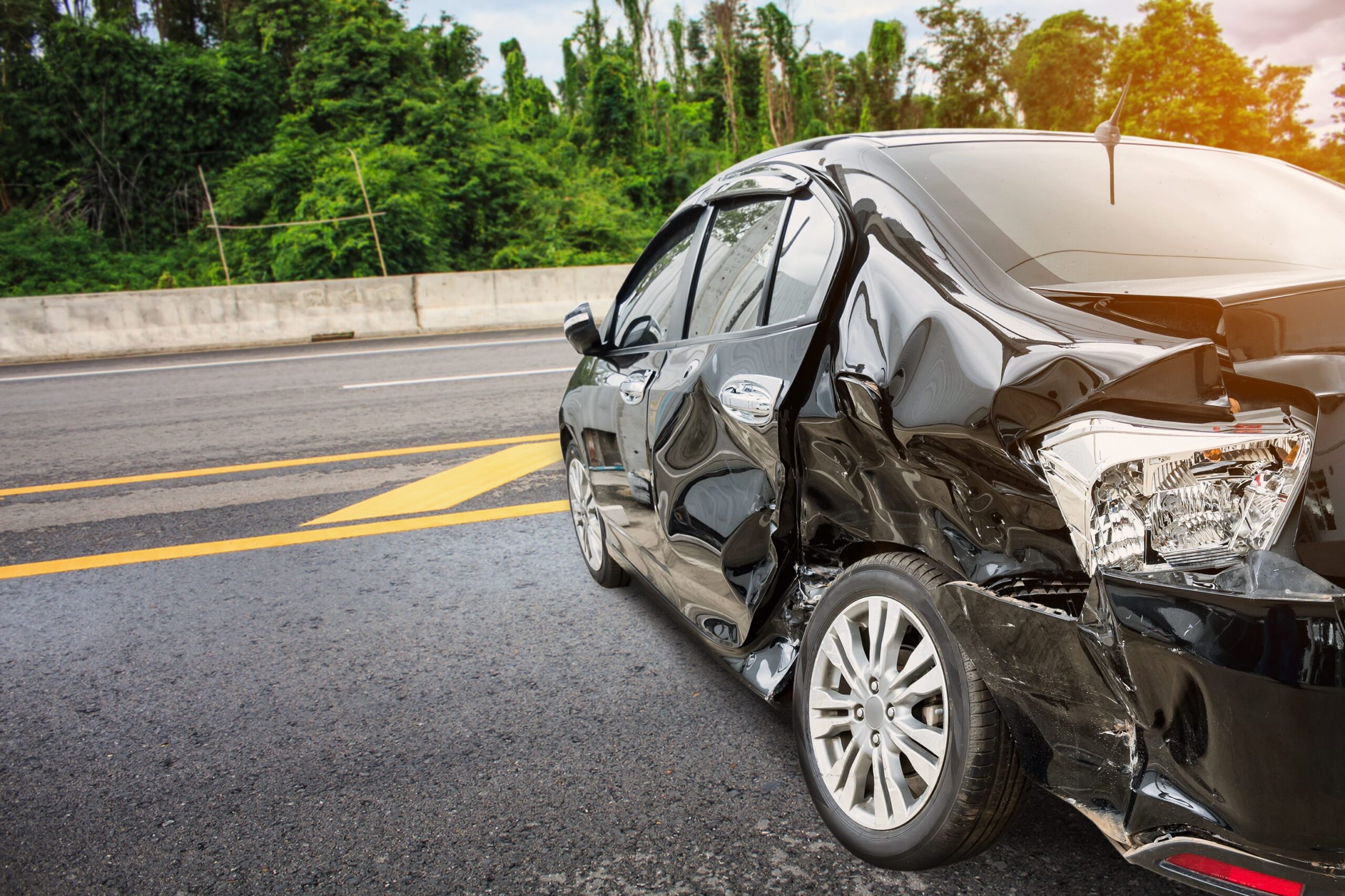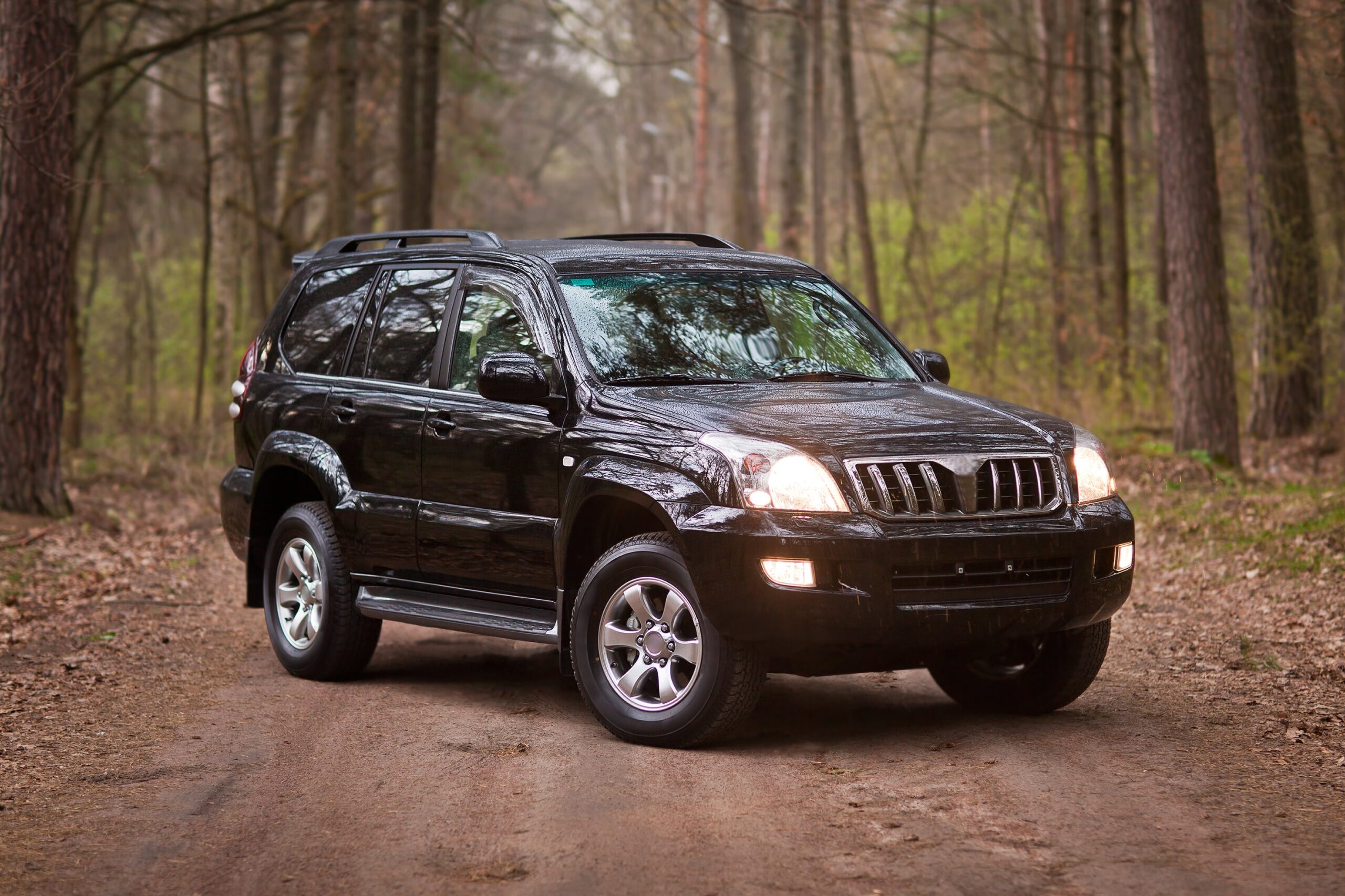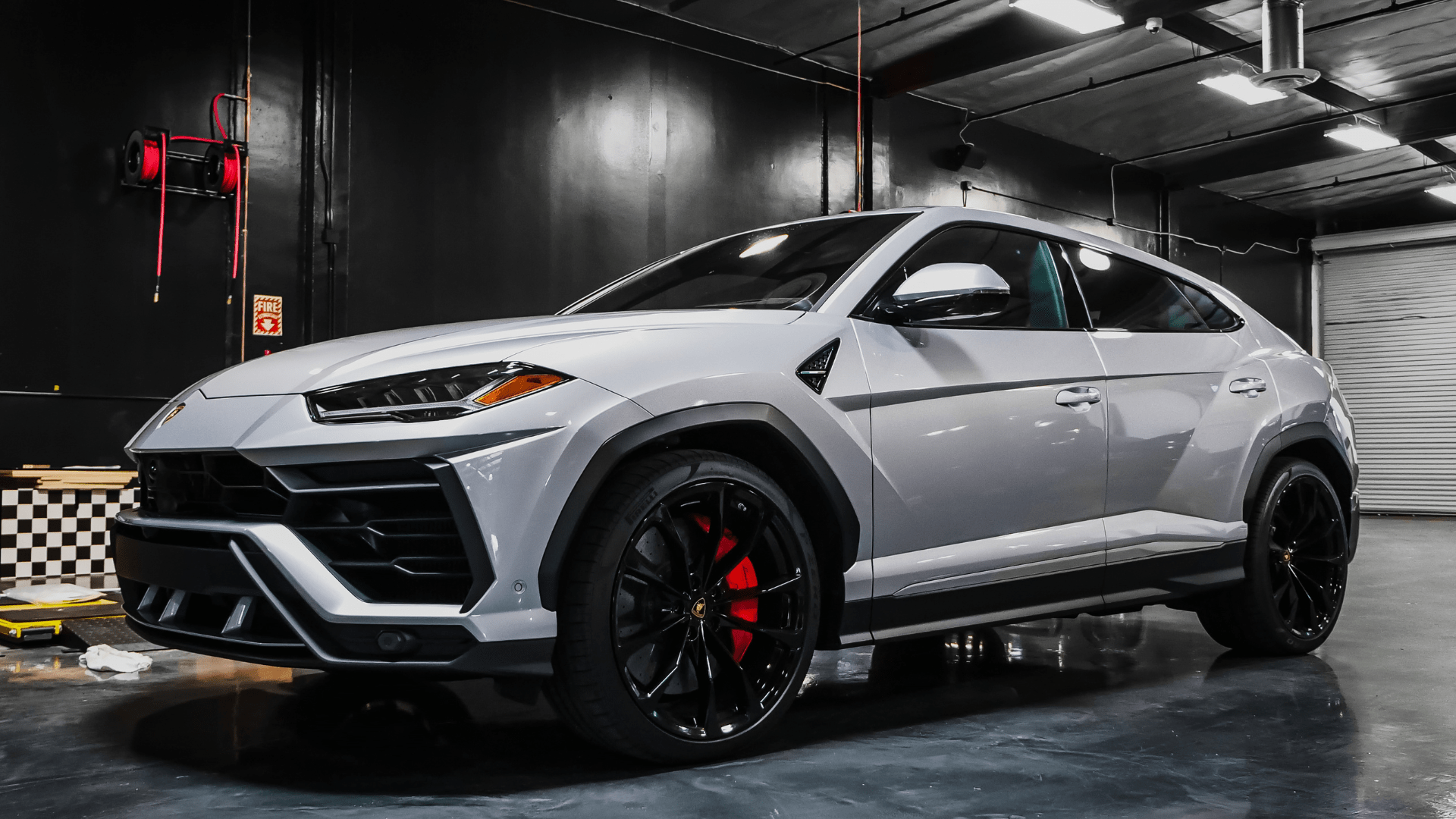
Classic Cars: Understanding Value and Influential Factors
Classic cars are more than just vintage vehicles; they’re a testament to the enduring legacy of automotive engineering and design. These timeless masterpieces possess an irresistible charm that transcends generations, making them an attractive choice for collectors, enthusiasts, and investors alike.
In this article, we’ll explore how classic car value is determined and provide insights to help you navigate the classic car’s market, whether you’re looking to buy or sell.
Let’s get started!
Classic Cars Predicted to Rise in Value
The classic car market has gained popularity over the past few years, and experts believe this trend will continue.
According to the globally recognised HAGI Top Index, classic cars have seen a 32% increase yearly and a 34% increase over the past three years.

The classic car market is a global one, and collectors from all over the world are competing to acquire rare models.
So, It’s no surprise that the demand for these vintage vehicles has skyrocketed in recent years.
However, Investing in classic cars can be risky since factors like rarity and condition determine value.
That’s why it’s crucial to have an experienced eye on the market: knowing which cars can increase in value and how much they may be worth.
And now undoubtedly is the perfect time to delve into the classic car market. With their values continually on the rise, these vintage charmers present an enticing investment opportunity.
Got a Classic Car to Sell?
Enter your car details and find out its value based on market demand and your car’s condition. Get an offer from a classic car specialist today!
Condition & History is Crucial When You Sell a Classic Car
The condition and history of a classic car significantly impact its value, making them critical considerations for both buyers and sellers.
A well-preserved vehicle that has maintained its original parts and paintwork can command a higher price than one that has undergone extensive restoration.
Similarly, a car with a rich and documented history, such as a unique owner, participation in renowned races, or association with noteworthy events, can dramatically elevate its worth.
These cars often hold a unique place in automotive history, making them highly sought after by enthusiasts and collectors.
Conversely, cars with a history of accidents or major mechanical issues might see their value depreciate, emphasising the importance of a comprehensive pre-purchase inspection.
Hence, understanding a car’s condition and history is vital to accurately assessing its value in the classic car market.
Related: Car Maintenance 101: Easy Steps to Look After Your Vehicle
Classic Car Popularity Can Increase Value
Indeed, while the condition, history, and rarity of a classic car hold significant sway in determining its value, the popularity of the model can also play a critical role.
Cultural trends, media exposure, a car’s association with famous personalities, or its appearance in movies and TV shows can substantially increase its desirability and, consequently, its value.
For instance, the Aston Martin DB5’s appearance in James Bond movies has dramatically increased its popularity and worth.

Similarly, classic American muscle cars, mainly due to their frequent spotlight in pop culture, have seen a resurgence in demand, making them quite valuable.
Therefore, a classic car’s popularity is an essential factor to consider for any prospective investor, as it can serve as a potential predictor of its future value growth.
Trending Styles Can Affect Value When You Sell Classic Car
Just as in the world of fashion, the classic car market experiences shifts in what is considered “trendy”. These trends can significantly impact the value of different models when selling a classic car.

For example, if there’s a sudden surge in interest in cars from the 1980s, vehicles from this era may garner higher prices. Collectors and enthusiasts tend to follow these market trends, which are influenced by various factors, including generational nostalgia, advancements in technology, or appearances in popular culture.
Remember, the classic car market isn’t static; it evolves with time.
What might be out of favour today could become the next big thing tomorrow.
So, if you’re considering selling a classic car, it’s worth keeping an eye on current trends to understand how they may affect the value of your vehicle.
Conversely, if you’re in the market to buy, catching a trend before it peaks could result in a valuable investment.
Understanding and navigating these trends is integral to getting the most value out of buying or selling a classic car.
10 Most Coveted Models of Classic Cars in the UK
Given the factors that determine classic car value, which models should you consider when investing?
Here’s a list of some of the most sought-after classic cars in the UK market:
Aston Martin DB5

The Aston DB5, famously associated with the James Bond franchise, is a British luxury grand tour that has made its mark in the classic car world.
Manufactured between 1963 to 1965, this car is renowned for its exquisite design, powerful performance, and fine craftsmanship.
The DB5 stands as a symbol of British automobile excellence, and its limited production run has only added to its desirability.
The rarity, coupled with its cinematic fame, has led to the Aston Martin DB5 becoming one of the most coveted classic cars in the UK, consistently fetching impressive prices at auctions and private sales.
Jaguar E-Type

The Jaguar E-Type, also known as the XK-E, is another iconic British classic that has stolen the hearts of car enthusiasts worldwide.
Launched in 1961, it was celebrated for its breathtaking aesthetic appeal, high-performance capabilities, and innovative features such as disc brakes and independent rear suspension. Its timeless design is often considered one of the most beautiful ever made, with Enzo Ferrari famously referring to it as “the most beautiful car in the world”.
As a result, the E-Type has maintained its popularity among collectors, with pristine examples fetching high prices in the classic car market.
Its elegance, performance, and historical significance make it a valuable addition to any classic car collection.
Mini Cooper

The Mini Cooper, a British automotive icon, is renowned for its compact design, agile handling, and zippy performance. Introduced in the 1960s by the British Motor Corporation, the Mini Cooper immediately gained acclaim for its innovative front-wheel-drive layout, which offered exceptional space efficiency.
Its small size didn’t compromise its performance, however, as the car dominated the rally circuit, winning the Monte Carlo Rally four times in the 1960s.
This underdog victory, coupled with its charmingly distinct design, propelled the Mini Cooper into stardom.
The car’s rich heritage and ingenious engineering continue to make it a desirable collectable in the classic car market today.
Its cultural impact, emphasised by its starring role in films like ‘The Italian Job‘, further cements the Mini Cooper’s status as a beloved classic.
Morris Minor

The Morris Minor is an iconic British vehicle that encapsulates the post-war optimism of the UK automotive industry.
Launched in 1948, the Morris Minor was designed with everyday practicality in mind, delivering a surprisingly spacious interior, reliable performance, and fuel efficiency, all encapsulated in a compact and charming package. Its distinctive rounded design, characterised by a split windscreen and ‘cheerful’ front fascia, has a timeless appeal that continues to delight car enthusiasts.
The Morris Minor’s reputation for easy maintenance and durability makes it a popular choice for those breaking into the classic car scene.
Its enduring popularity, even decades after production ceased, speaks volumes about its status as a true classic and a quintessential symbol of British motoring heritage.
Also Read: The Best Selling Cars of 2023 So Far
MGB

The MGB is a two-door sports car manufactured and marketed by the British Motor Corporation (BMC), later British Leyland. Launched in 1962, the MGB was a significant evolution from its predecessor, the MGA, offering an improved ride and better amenities.
Notably, the MGB was the first sports car to feature controlled crumple zones designed to protect the driver and passenger in a 30 mph impact.
Its introduction marked not only a breakthrough in car safety design but also a new era in affordable yet sporty motoring.
Its charming blend of British style, respectable performance, and advanced safety features make the MGB a classic car worth considering.
Rolls-Royce Silver Shadow

The Rolls-Royce Silver Shadow stands as a classic symbol of luxury and opulence in the automotive world.
Debuting in 1965, this car introduced several innovative features for the brand, such as unitary construction and an independent rear suspension, enhancing its driving comfort and smoothness – a Rolls-Royce hallmark. Its exquisite design, featuring a timeless aesthetic and a plush, spacious interior outfitted with high-end materials, epitomised elegance.
Coupled with a powerful V8 engine, the Silver Shadow offered a seamless blend of performance and luxury.
Its longevity of production, spanning over two decades, and its popularity among high-profile individuals have made the Rolls-Royce Silver Shadow a highly sought-after model in the classic car market.
Austin-Healey 3000

The Austin-Healey 3000 is a British sports car that earned its place in the annals of classic automobiles.
Produced from 1959 to 1967, this two-door roadster is admired for its robust six-cylinder engine and agile handling, making it a favourite in various international rallies during its production years.
Aside from its commendable performance, the Austin-Healey 3000 also captivates with its charming and elegant design, featuring sleek lines and a classic open-top construction that evoke a sense of nostalgia. This combination of style, performance, and heritage makes the Austin-Healey 3000 a coveted possession among classic car enthusiasts.
Triumph Spitfire

The Triumph Spitfire is a beloved British classic that holds a special place in the heart of many car enthusiasts. The first model unveiled in 1962, this two-seater sports car is known for its lightweight design, nimble handling, and sharp, distinctive looks.
Its appeal lies in its simplicity and affordability, offering an accessible entry point to the world of classic car ownership. The Spitfire is also celebrated for its tunable four-cylinder engine and its design that allows for easy maintenance, making it a popular choice among DIY mechanics.
Although it may not be as prestigious as some of its contemporaries, the Triumph Spitfire’s charm, accessibility, and the sheer fun of its driving experience have cemented its status as a desirable classic car in the UK and beyond.
It’s important to note that classic car trends can change over time, and new models may gain popularity. However, these classic cars continue to hold a special place in car enthusiasts and collectors’ hearts, a testament to their enduring appeal.
Does a Heritage Certificate Add Value to a Classic Car?
A Heritage Certificate is a document that provides a classic car’s provenance, verifying its manufacturing details and history. This certificate is issued by the manufacturer or a recognised classic car organisation, lending authenticity and credibility to the vehicle’s heritage.
While it’s not necessarily a direct value booster like a restoration or an upgrade, a Heritage Certificate can indirectly increase a classic car’s desirability and value. It can influence the purchase decision of potential buyers, particularly collectors and enthusiasts who place a high value on a vehicle’s historical authenticity.
The certificate offers reassurance of the vehicle’s authenticity and a tangible link to its past, adding an intangible value that can translate into a higher selling price.
Furthermore, the Heritage Certificate can aid in the restoration process, providing critical information about the car’s original specifications and features. By ensuring that restorations are historically accurate, the certificate helps retain and even enhance the vehicle’s value.
Therefore, while a Heritage Certificate may not directly increase a car’s monetary worth, its ability to authenticate and preserve its heritage makes it a valuable asset in the classic car market.
How to Sell My Classic Car Online
Selling a classic vehicle requires a unique approach compared to selling a regular car. The process typically involves reaching out to specialised markets and networks, such as classic car clubs or online platforms.
The most straightforward way of selling your classic car is through an online platform like Exchange My Car.

This service allows you to upload detailed photos and information about your car, simplifying the process of selling through reputable buyers.
Alternatively, you could look into auction houses like Bonhams and H&H Classics that specialise in classic cars, with the added benefit of having an experienced professional oversee your sale.
Private sales are also a viable option. You can use word of mouth, advertise in classic car magazines, or post on popular forums and clubs.
As a seller, knowing your car’s worth and condition is essential to ensure you get the best price for it. With the right approach and resources, selling your classic car can be a rewarding experience.
Final Thoughts
The value of a classic car is influenced by a myriad of factors, including its make and model, heritage certificate, and even the shifting trends within the market. It’s clear that classic cars are not just nostalgic indulgence but can be a substantial investment.
Whether you’re a collector, enthusiast, or investor, understanding the variables that impact a classic car’s worth can help you make informed decisions and potentially reap significant rewards in the classic car market.
Remember, knowledge is power, especially when appreciating classic cars’ beauty and value.
